Search Images
Browse Content (p. 1600)
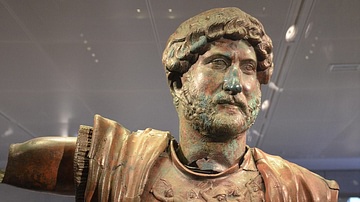
Image
Bronze statue of Hadrian
Bronze statue of Hadrian, found at the Camp of the Sixth Roman Legion in Tel Shalem (Israel). It was found by chance by an American tourist in 1975 while searching for ancient coins with a metal detector. Tel Shalem was once occupied by a...
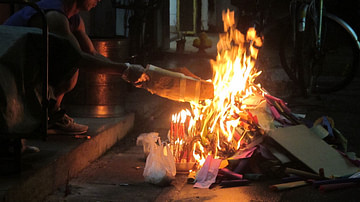
Image
Ghost Festival, China
The Hungry Ghost festival continues to be celebrated in China on the fifteenth night of the seventh month, when it is thought that the dead can cross over into the land of the living because the veil that separates the two worlds is thinnest...
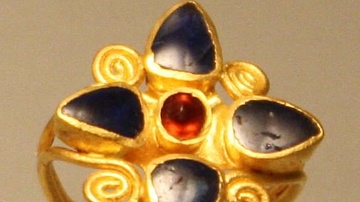
Image
Roman Gold & Saphire Ring
Roman gold and saphire ring, second half of the 2nd century CE. The ring has a garnet centre stone. From an unidentified marble sarcophagus in Rome. (Palazzo Massimo, Rome)

Image
Pakal the Great & Xibalba
A reproduction of the sarcophagus lid of the Maya ruler of Palenque, King Pakal the Great, also known as K'inich Janaab' Pacal (23 March 603 CE - 31 March 683 CE). In this detail the king is falling into the terrible jaws of the Maya underworld...
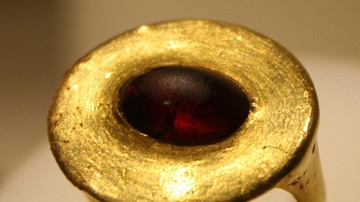
Image
Gold & Garnet Ring, Agrigento
A gold and garnet ring from Agrigento, Sicily, 3rd century BCE. (Archaeological Museum of Agrigento).
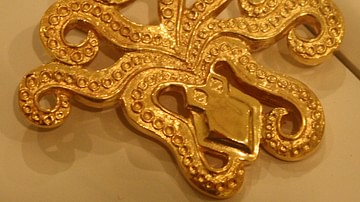
Image
Mycenaean Octopus Brooch
A gold Mycenaean brooch in the form of an octopus, Mycenae, mid 2nd millenium BCE. (Archaeological Museum, Mycenae)
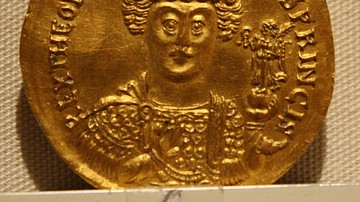
Image
Theodoric
Theodoric (known as Theodoric the Great and Flavius Theodoricus, 451 or 454 - 526 CE), the king of the Ostrogoths and Roman emperor 493-526 CE.
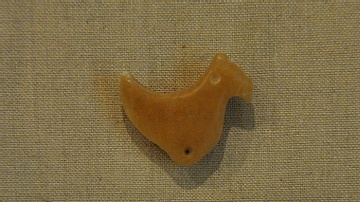
Image
Pendant
An alabaster pendant in the shape of a bird. From southern Mesopotamia, modern-day Iraq. Circa 3000 BCE. The Burrell Collection, Glasgow, Scotland. UK.
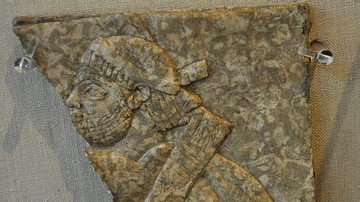
Image
Elamite Archer
A fragment of an alabster bas-relief which depicts an Elamite archer (in a war scene?). This is an enemy of Assyria. He is identified by his headband, hair style, and trimmed beard. The Elamites, in modern-day Western Iran, were conquered...
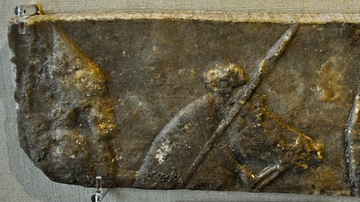
Image
Assyrian Cavalrymen
A fragment of an alabaster bas-relief which depicts Assyrian cavalrymen (in a war scene?). From Kuyunjik (modern-day Ninawa Governorate, Iraq). Neo-Assyrian period, reign of Ashurbanipal, 668-627 BCE. The Burrell Collection, Glasgow, Scotland...